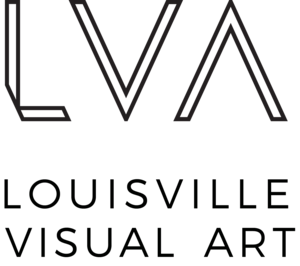"Untitled" by an anonymous artist, 8x8in (2017)
The simple, ubiquitous square - Some artists are uncomfortable with it: better to occupy the expanding horizontal form, which feels as if it matches our comprehension of the world around us, yet this year’s call for artist’s to donate original work to art[squared] has resulted in 300 pieces – a dizzying array of images of inestimable range and appeal.
On April 7 and 8, Louisville Visual Art will offer these 8” x 8” pieces from local and regional artists at the 4th Annual art[squared] Sale. All of the work is displayed anonymously and available for $100 and all proceeds support the Children’s Fine Art Classes.
Friday, April 7th - Preview, Sale & Party - (Ticketed Event)
Pre-sale: $20 members/$25 guests, At the Door: $25 members/$30 guests
7:00pm-7:30pm – Preview
7:30pm – Sale Begins
Saturday, April 8th - Public Sale - (Free Event)
10am-1pm – Sale open to the public
For Tickets: http://www.louisvillevisualart.org/artsquared2017/
Entire contents copyright © 2017 Louisville Visual Art. All rights reserved.
Are you interested in being on Artebella? Click here to learn more.




















